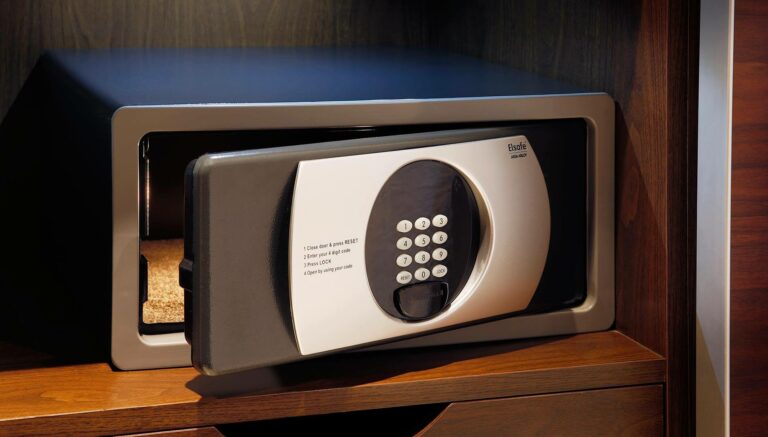We’ve all heard the saying (especially in this era of COVID-19), “An ounce of prevention is better than a pound of cure.” Well, when it comes to maintaining an operational fleet, it also couldn’t ring any truer. Preventative fleet maintenance saves businesses big money. Well-maintained vehicles go through less fuel, break down less often, and help lower operating costs. A proactive approach also means stopping problems in their tracks before they become bonafide safety hazards. As with most things in the industry, this is easier said than done, especially since good intentions don’t always translate into effective action. Human error, poorly maintained vehicles, and haphazard driving all take a toll on the whole fleet’s condition – and when the condition of the company vehicles suffers, so does the company’s bottom line. So, what to do? Here are some tips for one to keep their fleet in tip-top shape.
1. Good, clean vehicles make for good, clean business.
Operating a messy-looking fleet does nothing for a business’s image. But, on the other hand, keeping your vehicles washed and polished makes your business look professional and helps drivers feel more proud and satisfied with their jobs. Keeping vehicles nice and clean also helps one catch issues like rust and deterioration early. Look for a fleet maintenance provider and establish a good relationship with them so they can help you keep your fleet well-maintained. Fleet maintenance providers can handle vehicle cleaning for you to focus on running other areas of your business. They’ll also be professionally trained to spot issues before they turn into bigger, more costly problems.
2. Get those tires checked.
The condition of your truck tires will affect the handling, fuel economy, and general wear and tear. However, keep in mind that tire wear will differ per fleet vehicle. Also, road surface, the temperature or weather, and the individual’s driving can impact how quickly tires degrade. Therefore, your fleet manager or inspector should test tire pressure before and after trips. Additionally, drivers need to check it on the road, especially during long journeys.
The fleet manager and drivers should watch overall tire degradation along with pressure checks. Fleets establish their recommended tire pressure based on their heaviest or worst load. Load-inflation tables published by any tire manufacturer will determine the proper tire pressure based on the specific load. Those load-inflation tables are all based on an ambient temperature of 70 degrees Fahrenheit.
3. Regular reporting is a must.
Maintenance should be a continuous, rotating job, and everyone should be involved. Maintenance is not just something that happens once a month or every few weeks. Regular communication should be done with your drivers along with regular inspections, as much as possible. After all, drivers spend more time with the vehicles than anyone else. Task them to check oil and tire pressure while on the road with tools like fleet inspection apps, where drivers can digitally perform their routine vehicle inspections. Regular reporting also helps drivers develop effective practices and enables them to form good working relationships with the maintenance team or contractor and with you.
4. Make room for new management roles if need be.
A business with a fleet must regularly perform preventative maintenance like oil changes, tire changes, and engine cleaning. Prep inspection schedules with your calendars or, better yet, fix up your fleet management system. Fleet inspectors are much needed in this business. Anyhow, if the cost or effort of maintaining a particular schedule is too steep, consider hiring a dedicated and experienced vehicle maintenance provider who can handle these things for you – leaving you more time to focus on handling other aspects of the business.
Maintenance of the preventative kind is essential to keep your business expenses down and your fleet running smoothly and reliably. Always remember that early prevention is always better than a belated cure. In addition, effective preventative maintenance will help you save since the cost for routine maintenance tends to be considerably less than that for unscheduled breakdowns and downtime. So whether you’re a small business or running a fleet of thousands, when you take a preventative approach to maintenance, you’ll always save time and money in the long run.












